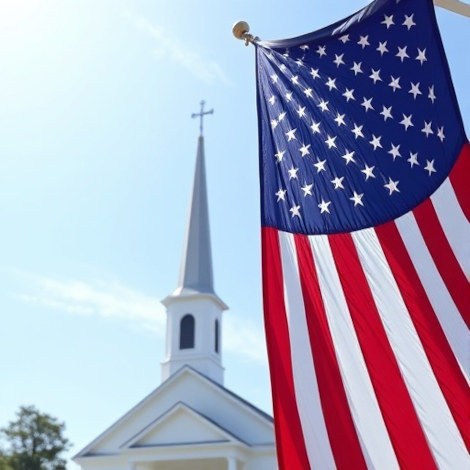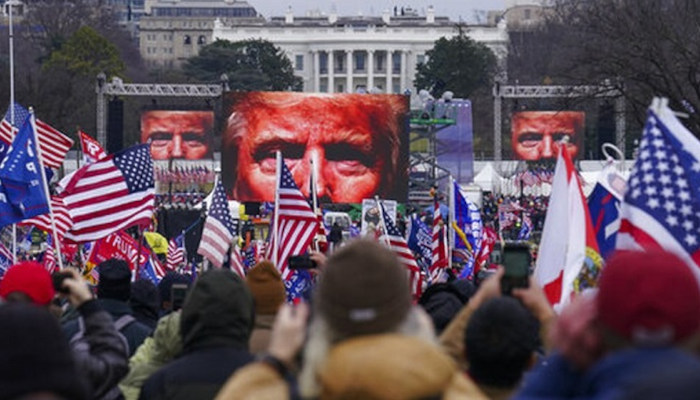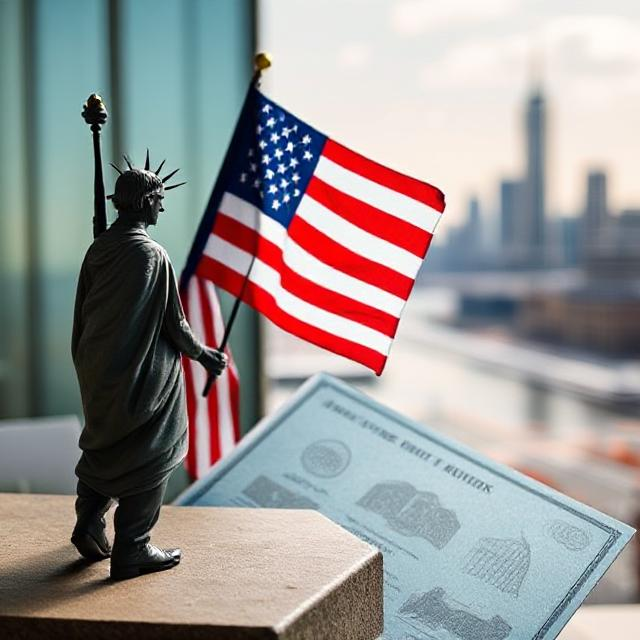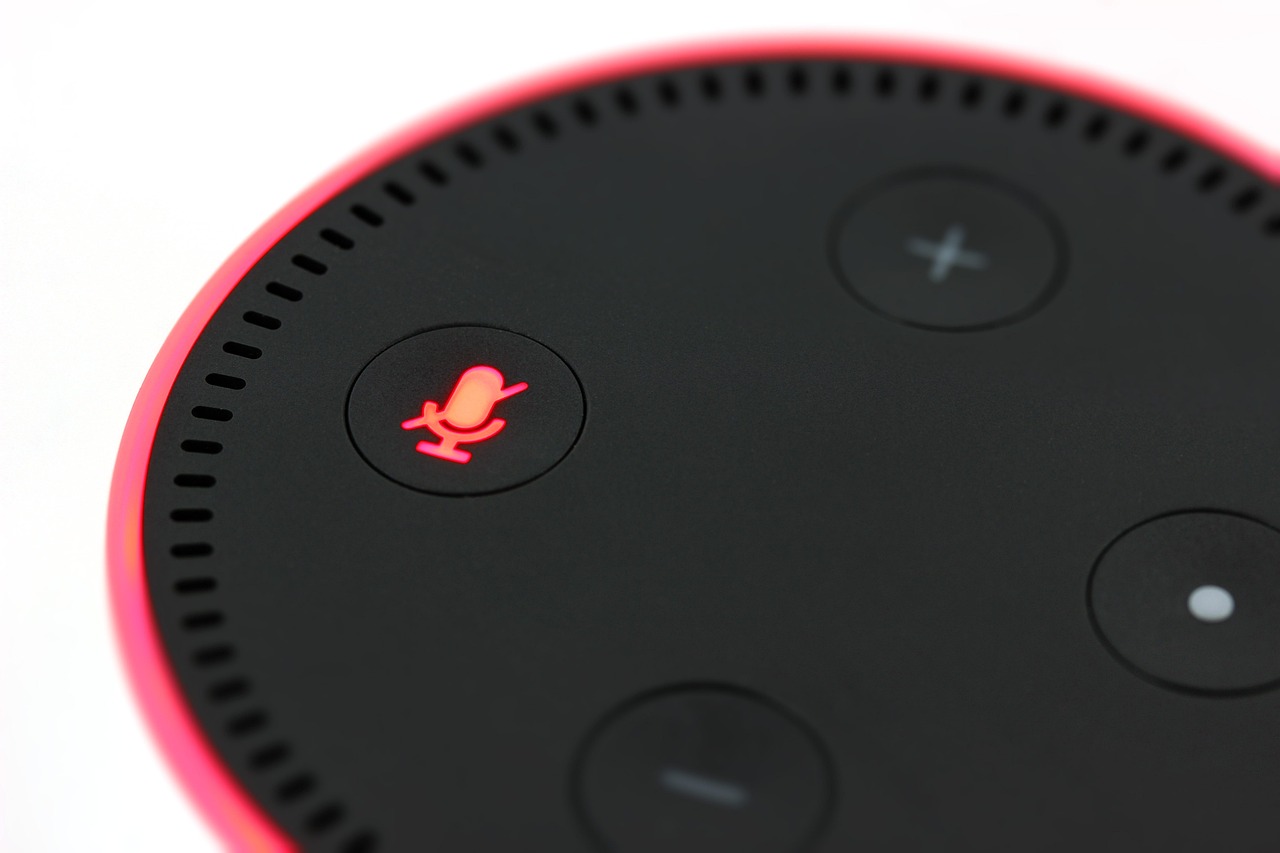
The world seems suspended in mid-air, awaiting the outcome of the American presidential elections and international political shifts according to the polls’ swings – and their interpretations. All anticipate the winner, hoping to have aligned themselves with him promptly. It’s as if the election results will resolve the American issue, on which—like it or not—the fate of the world largely still depends.
We seem to hold onto this illusion with a belief bordering on magic. In fact, even after the elections, the United States will remain a problem, primarily for itself and, consequently, for the fragile and unstable fabric of international relations. It should be clear to politicians in Italy, Europe, and everywhere. Yet, apparently, they believe that whoever resides in the White House will solve all their problems.
Whoever the new president he won’t be able to do so. A break like this is unprecedented in the post-Cold War world order. They will not be able to because they’ll rule a nation fractured within itself, exhausted from the relentless culture wars staged to assert the dominance of one side over the other. This marks a departure from the democratic culture that the United States has claimed to teach—or impose—upon every corner of the globe.
This is a greater problem for the Catholic Church.
While politicians might afford a meager pragmatic alignment, the Church—primarily the American one—should not. Catholics and bishops cannot remain silent on values, even if they address the “non-negotiable” ones solely (as to them, all others border on irrelevance). Still, they cannot be silent on the rhetorical violence, social recklessness, and moral incoherence with which these values are politically brought about or defended in the public arena.
The silence of the American Catholic Church on this rhetorical violence and the stigmatizing fervor it carries undermines and endangers the same values of which a large part of American Catholicism has become a champion.
The latest development of this contradiction was the “Alfred Smith Memorial Foundation Charity Dinner” held last Thursday in New York. Hosted by the diocese of Cardinal Timothy Dolan, the evening offered a pulpit from which republican candidate Donald Trump could deliver his sermon, laden with resentment, violence, and personal attacks, completely unopposed. It occurred under the approving eyes of a cardinal of the Catholic Church overseeing one of the globe’s most important metropolises.
It is just too easy to find ample and good reasons in Trump’s speech as to why the American Church should not have handed him on a silver platter the opportunity to transform a charitable fundraising evening into a tasteless political rally. “We have someone in the White House who can barely speak, who struggles to string two coherent sentences together, and who seems to have the mental faculties of a child. It’s a person who is incapable of doing anything and who lacks even a minimal amount of intelligence. But enough about Kamala Harris.”
Tradition holds that since the 1960s, when Nixon and Kennedy participated together at the Charity Dinner, both candidates have been invited during presidential election years. Only in 1996 did the Archdiocese of New York decide not to, likely because democrat Bill Clinton vetoed a bill banning late-term abortion. On that occasion, to maintain balance, Republican candidate Bob Dole was also not invited. This year, democrat candidate Kamala Harris declined the invitation, citing organizational reasons. It’s also likely she chose to avoid confrontation with an environment hostile to her, like the Catholic Church in the US.
Indeed, Trump couldn’t be disinvited at the last minute, but it’s equally sure that his speech’s content and tone at the New York Charity Dinner should not have gone unchallenged. Yet, the diocese and its cardinal refrained from doing so. Ultimately, they de facto endorsed what Trump said and, more importantly, how he said it. Thus, they further contributed to poisoning the American nation’s civil atmosphere.
Endorsing Trump’s rhetoric this way means not merely taking a political stance. It means—far more seriously—endorsing rhetorical violence against persons as an appropriate tool for publicly realizing the values some in the Church see embodied in Trump.
In this way, instead of being a cornerstone for resolving the nation’s deep divide, pieces of the American Church become a part and catalyst of the US problems. This is a significant loss for the country and the entire Catholic Church—particularly for the Holy See’s diplomatic efforts aimed at restoring order and coherence with international law to the chaotic geopolitics currently affecting the world’s immediate destiny.
Marcello Neri, senior fellow at the Appia Institute. He is a professor of Ethics and Political Anthropology at the Institute for Educational Studies G. Toniolo (Modena) and a contract Professor for Theology, Religion, and Public Square at the Catholic University of Milan. Member of the Center for Law and Pluralism at the Law Faculty of the Milan-Bicocca University; Member of the American Academy of Religion.









